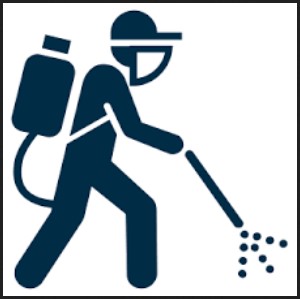
The prevalence of suicide has always been a large social issue. Many people harbor suicidal thoughts, hence it is wise to always keep close tabs on loved ones. Suicide is a growing concern amongst the general public as it affects people of all ages, demographics, and social classes. Worse yet, it is hard to recognize warning signs of suicide, unless you know what they are and are consciously on the lookout for them. If you are too late, then you may find the lifeless body of a loved one with a written note by the side. Depending on the circumstances, the suicide scene is always messy, requiring the expertise of suicide scene cleanup service to remediate the area.
Signs of Teen Suicide and Prevention Tips
Are you wondering, if suicide rates in the US are growing? Sadly, the suicide rate in the US has been on the rise in recent years. It is one of the leading causes of death in the country and it has been increasing over the years. Unfortunately, teens are finding suicide the easiest path to ease their problems. The rising suicide rate has contributed to a decline in the overall US life expectancy.
Teens certainly have a lot going through their minds. From stress and puberty stage to peer pressure, teens sometimes get lost in thoughts. But if your teen starts exhibiting rather unusual behavior such as crying a lot, suddenly wants to be in the company of no one, and not taking interest in things that he or she used to, then you have a serious emotional issue to deal with. You should take action right away. Overlooking such an unusual act might be damning. As the pain becomes increasingly unbearable and with no shoulder to cry on, teens tend to take their own life to end the pain once and for all. To them, the best way to end the struggle is by committing suicide.
There are many signs of teen suicide that you shouldn’t take lightly. If your teen keeps giving away his or her valuable belongings to friends and family members or keeps talking about committing suicide, it’s high time you drew closer to them. Other factors that contribute to the risk of suicide include physical health problems, mental health problems, substance abuse, and relationship problems. Find out what they have going on. Ask your teen if anything is wrong and if there is anything you can do to help.
Some teens have trust issues hence it’s hard to divulge whatever they are passing through to their loved ones. In this case, getting help from a third party might be the ideal path to take. A therapist or counselor with years of experience knows what to do to help the teen get over suicidal thoughts. These experts will discuss extensively and understand their pain points and do everything possible to prevent them from taking their own lives.
Suicide prevention is the responsibility of everyone. You should learn to do your part in helping to prevent suicide.